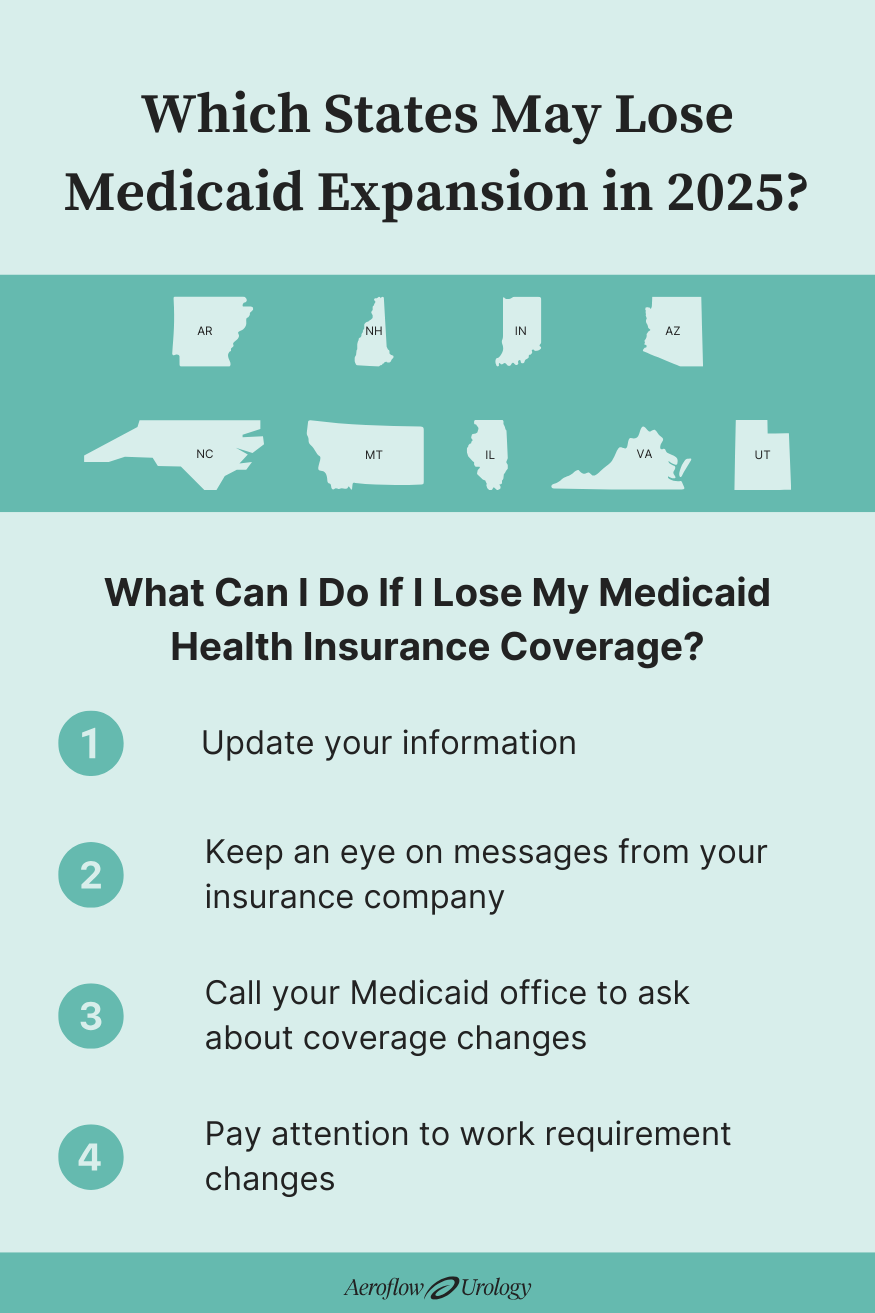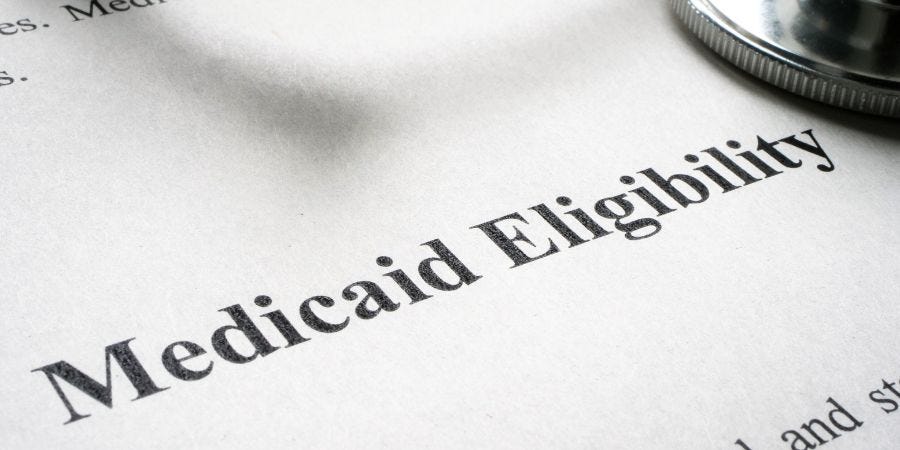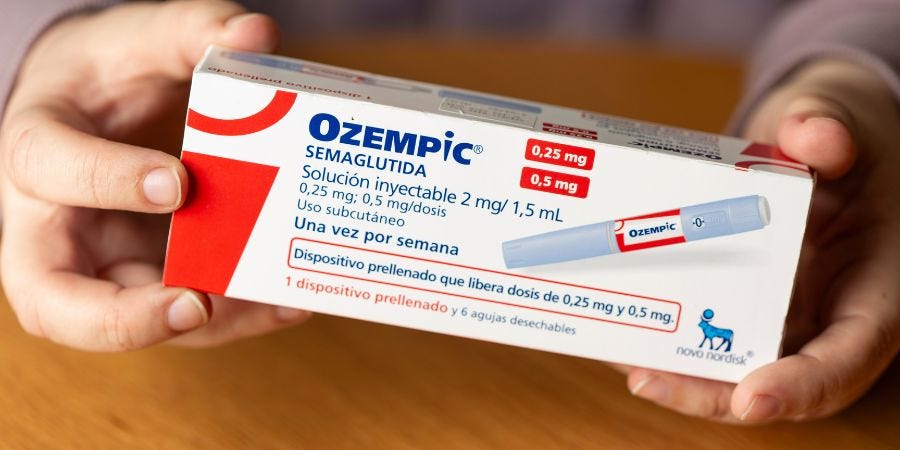Key Takeaways:
- Trigger laws in nine states could cause over three million people to lose Medicaid coverage in 2025 if federal funding is reduced. These states include Arkansas, Arizona, Illinois, Indiana, Montana, New Hampshire, North Carolina, Utah, and Virginia.
- Potential cuts to the Affordable Care Act could result in millions of low-income Americans losing Medicaid eligibility.
- If you live in a state with a trigger law, you should take proactive steps to prepare for potential Medicaid coverage loss.
Are you worried about the possibility of losing your Medicaid coverage in 2025?
Discover which states could be impacted by potential Medicaid expansion changes next year and learn what steps you can take to safeguard your healthcare access.
Jump To:
Which States Could Lose Medicaid Expansion in 2025 Due to Trigger Laws?
What Could Eliminating the Affordable Care Act Mean for Medicaid Enrollees?
What Can I Do If I Lose My Medicaid Health Insurance Coverage?
How Do I Check Medicaid Coverage?
How to Continue to Receive Free Incontinence Supplies With Aeroflow Urology
How to Get Free Incontinence Supplies Covered by Medicaid
Which States Could Lose Medicaid Expansion in 2025 Due to Trigger Laws?


If the government reduces federal funding for Medicaid spending in 2025, nine states could quickly lose Medicaid expansion early on, causing millions of people to lose their eligibility for Medicaid. These states have something called "trigger laws," which are laws that go into action as soon as conditions allow.
States With Trigger Laws
- Arkansas
- Arizona
- Illinois
- Indiana
- Montana
- New Hampshire
- North Carolina
- Utah
- Virginia
Over three million adults in these states could immediately lose their healthcare coverage if Medicaid funding is cut.
What Could Eliminating the Affordable Care Act Mean for Medicaid Enrollees?
The Affordable Care Act (ACA) was initially implemented to add eligibility for low-income Americans with household incomes up to 138% of the federal poverty level (FPL). The ACA allowed a larger number of people to qualify for Medicaid program enrollment nationwide— specifically, 20 million individuals to be covered under Medicaid expansion.
Because the ACA has been said to cost too much and cover too many Americans, it might be one of the first places where the government reduces federal spending next year. If this happens, millions of low-income people could lose their Medicaid coverage.
Rising ACA premium costs could also cause some people to not renew their Medicaid coverage in 2025.
What Can I Do If I Lose My Medicaid Health Insurance Coverage?
There are a few proactive steps you can take if you live in one of the nine states with trigger laws and think you may lose your Medicaid health coverage. Most are preventative measures, but following these tips is essential to prepare you for Medicaid loss.
Make Sure Your Information Is Updated
You should always ensure that your personal information is current and on file with your Medicaid office. This includes your:
- Permanent mailing address. If you move, it is essential that you notify Medicaid as soon as possible or it could affect your coverage!
- Phone number.
- Email address.
- Household income.
Call your local Medicaid office or the phone number on the back of your Medicaid insurance card to contact a representative and ensure your information is current.
Pay Attention to Communications from Your Insurance Company
If you lose your Medicaid coverage, your insurance company will most likely mail you a letter informing you of the determination. They should also email and text you. Ensure you check your mail consistently and pay attention to any outreach you receive from Medicaid.
Call Your Medicaid Office to Ask About Coverage Changes
It might be a good idea to contact your Medicaid office by calling the phone number on the back of your insurance card to ask about possible upcoming coverage changes. Your Medicaid representative may be able to inform you of changes to your plan in 2025.
Pay Attention to Work Requirement Changes
Medicaid eligibility requirements may change in 2025, potentially including new work requirements. Be sure to carefully review any communication from your Medicaid office regarding what you need to do to maintain your coverage. This may include providing documentation, such as proof of employment, to verify your eligibility.
How Do I Check Medicaid Coverage?
You can check your current Medicaid coverage by calling the number on the back of your Medicaid insurance card. Your representative should tell you if you're still enrolled in your plan.
How to Continue to Receive Free Incontinence Supplies With Aeroflow Urology
If you're a current Aeroflow Urology patient receiving free incontinence supplies through a Medicaid plan, we'll contact you if we detect any change, reduction, or disruption in your Medicaid coverage. Your shipments of supplies will be paused until you re-enroll in a Medicaid or Medicaid Managed Care Plan.
Once your coverage is renewed, call the our Continence Care Specialist team at 1-844-276-5588 and let them know about your new coverage status.
Check Your Eligibility
2 Easy Steps
Discover the continence care essentials available through your Medicaid plan.
References
Blake, S. (2024, December 5). Map Shows States Where Millions Could Lose Coverage if Trump Cuts Medicaid. Newsweek. https://www.newsweek.com/map-shows-states-where-millions-could-lose-coverage-if-trump-cuts-medicaid-1996428
News, K. H. (2024). 9 States Poised to End Coverage for Millions if Trump Cuts Medicaid Funding. US News & World Report; U.S. News & World Report. https://www.usnews.com/news/health-news/articles/2024-12-04/9-states-poised-to-end-coverage-for-millions-if-trump-cuts-medicaid-funding
Disclaimer
Information provided on the Aeroflow Urology blog is not intended as a substitute for medical advice or care from a healthcare professional. Aeroflow recommends consulting your healthcare provider if you are experiencing medical issues relating to incontinence.













